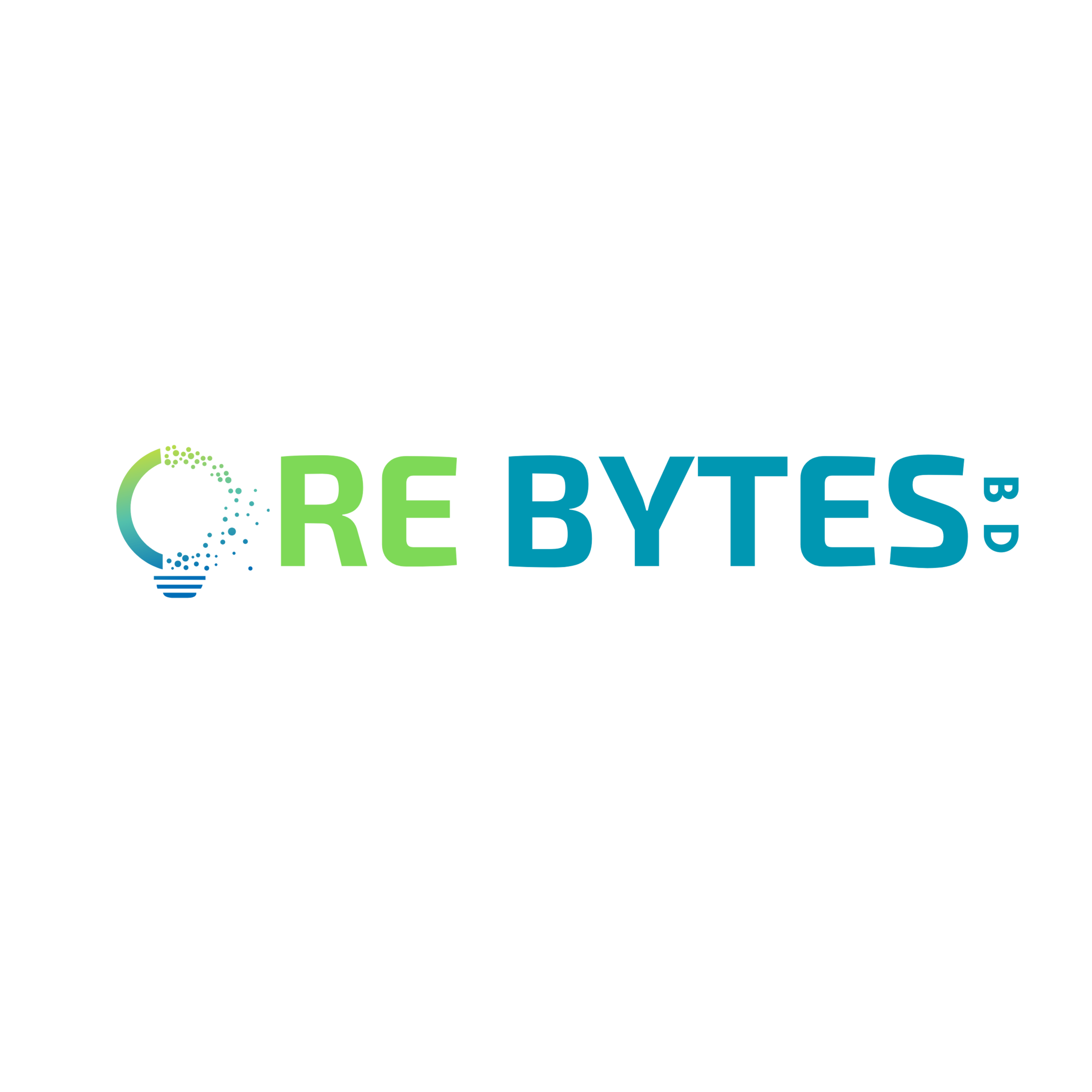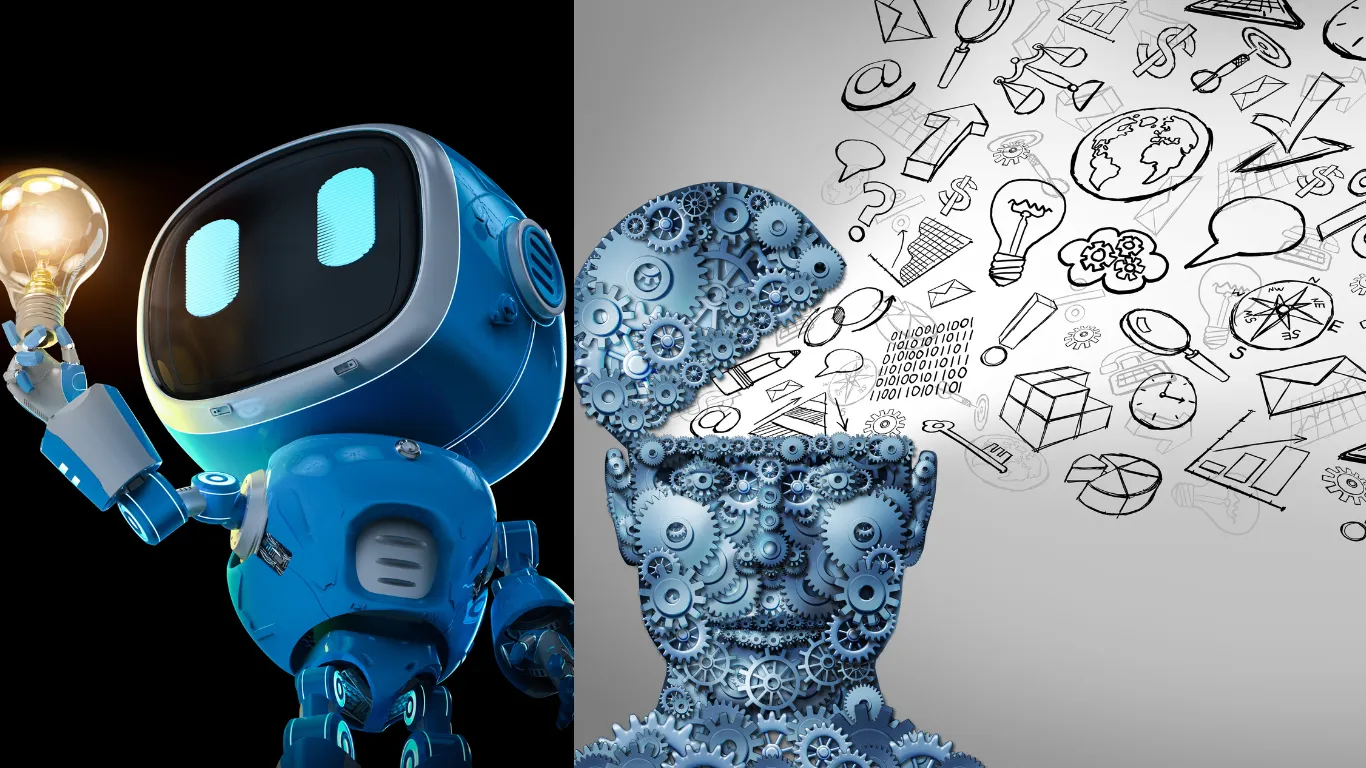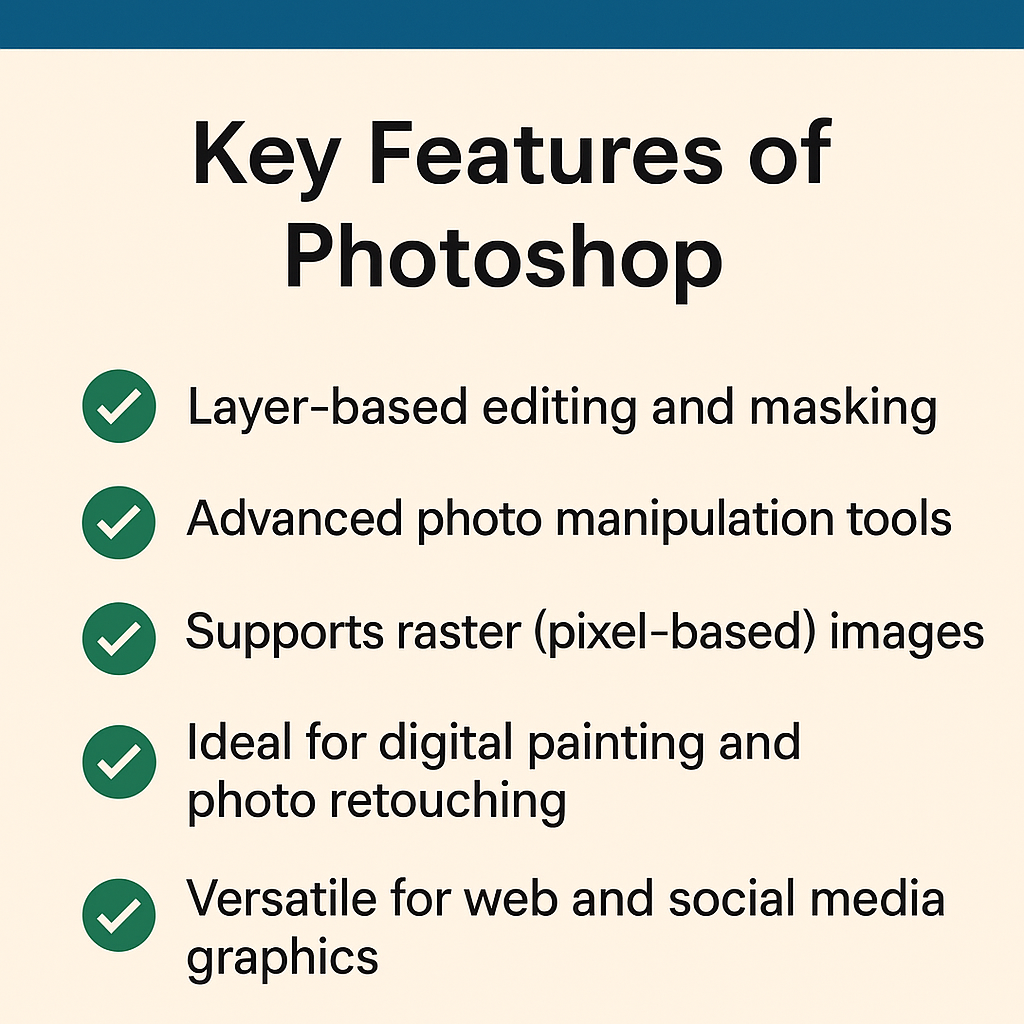As artificial intelligence (AI) continues to reshape the way we work, a new study from Microsoft and Carnegie Mellon University raises a concerning issue: Are we becoming too reliant on AI? The study suggests that frequent use of AI in professional tasks may lead to weaker critical thinking skills, leaving people less prepared to handle complex problems independently.
The Study’s Findings
The research involved 319 knowledge workers who provided 936 firsthand examples of how they use generative AI tools like ChatGPT and DALL-E in their jobs. Participants were asked to assess their confidence in the AI’s ability to complete specific tasks, their ability to evaluate AI-generated output, and their own skill level in performing the same tasks without AI assistance.
The findings suggest that the more people rely on AI, the less they engage in critical thinking, which can result in a decline in essential cognitive abilities. The study states, “A key irony of automation is that by mechanizing routine tasks and leaving exception-handling to the human user, you deprive the user of the routine opportunities to practice their judgment and strengthen their cognitive musculature, leaving them atrophied and unprepared when the exceptions do arise.”
Real-World AI Use Cases
The study highlighted several real-world applications of AI in different industries:
- Education: A teacher used DALL-E to generate images for a school presentation on handwashing.
- Finance: A commodities trader relied on ChatGPT to suggest new trading strategies and resources.
- Healthcare: A nurse used ChatGPT to verify an AI-generated educational pamphlet for newly diagnosed diabetic patients.
While these examples show how AI can enhance efficiency, they also raise concerns about whether workers are becoming overly dependent on AI tools instead of refining their own expertise.
The Risk of Cognitive Decline
The study warns that excessive reliance on AI could lead to the deterioration of human cognitive skills over time. If professionals stop practicing judgment and critical analysis, they may struggle when AI makes errors or when unique challenges arise that AI cannot handle effectively.
This issue is not new—automation has historically reduced the need for certain manual skills, and now AI appears to be impacting cognitive skills as well. While AI can be a powerful tool, it is essential to use it as an assistant rather than a replacement for human intelligence.
How to Maintain Critical Thinking Skills in the AI Era
To avoid cognitive decline while still benefiting from AI, professionals can adopt the following strategies:
- Use AI as a supplement, not a crutch: Treat AI as a tool to assist your work, not replace your judgment.
- Verify AI-generated content: Always double-check AI responses for accuracy, ensuring they align with your knowledge and expertise.
- Continue practicing problem-solving: Engage in tasks that require independent thinking, decision-making, and creative problem-solving.
- Stay updated on industry trends: Keep learning and improving your skills, so you remain adaptable even as AI evolves.
Final Thoughts
AI is revolutionizing the way we work, but it’s crucial to strike a balance between using AI for efficiency and maintaining our cognitive abilities. As AI technology advances, professionals should remain proactive in sharpening their skills and critical thinking to stay prepared for the unexpected challenges AI cannot yet solve.




